This article was received by Mi’raj News Agency (MINA) from the Azerbaijan Embassy in Indonesia
Thirty-five years have passed since the tragic events unfolded in Baku, the capital city of Azerbaijan on January 20, 1990. That day known as Black January or Martyrs’ Day marked a dark chapter in the nation’s history, when a crime against mankind was committed.
Black January is widely regarded as a crucial moment in the struggle for Azerbaijan’s independence, marking the start of the country’s eventual breakaway from 70 years of Soviet control. Despite the passage of time, the memory of this massacre remains vivid in the hearts of Azerbaijanis, and the day is honored annually as a reminder of the sacrifices made for the country’s freedom.
Before the tragedy Armenia’s groundless territorial claims against Azerbaijan in the late 1980s, supported by the Soviet leadership, contributed to the rise of the anti-Soviet movement in Azerbaijan, prompting the Azerbaijani people to defend their territorial sovereignty. This movement eventually evolved into a national liberation struggle.
Also Read: Be Careful of the Trap of Deploying Peacekeeping Forces to Gaza
The Soviet army was sent to the country to suppress national movements and break the will of the Azerbaijani people’s desire for independence. On the night of January 19–20, 1990, Soviet troops entered Baku and other parts of Azerbaijan, carrying out mass killings with extreme cruelty and brutality. As a result of the massacre, 147 people were killed, and 744 were injured. The victims included women, children, the elderly, and emergency workers. Additionally, over 800 civilians were arrested, many of whom were later imprisoned in various Soviet cities.
On January 21, 1990, Heydar Aliyev, the National Leader of Azerbaijan, strongly condemned the atrocity committed in Azerbaijan by the Communist regime and demanded the punishment of those responsible for the bloody actions. Years later, only at the initiative of Heydar Aliyev, political and legal assessment was given to this tragedy. In 1994, Azerbaijan’s Parliament formally recognized the event as military aggression and a crime against the Azerbaijani people.
January 20 symbolizes Azerbaijan’s struggle for freedom and independence. Despite the tragedy, the people’s will remained unshaken, and the sacrifices of the martyrs became a turning moment in the nation’s history. Azerbaijan’s victory in the 2020 Patriotic War, along with the successful operations in September 2023, further strengthened the national spirit and brought peace to the souls of the martyrs of this tragedy.
Every year, January 20 is observed as Azerbaijan’s National Day of Mourning, when thousands of people visit the Alley of Martyrs to pay their tributes by laying flowers and praying for the victims, honoring the sacrifices made for the country’s freedom and sovereignty. []
Also Read: The Forty-Four-Days of Glory: Azerbaijan’s Struggle for Justice and Peace
Mi’raj News Agency (MINA)





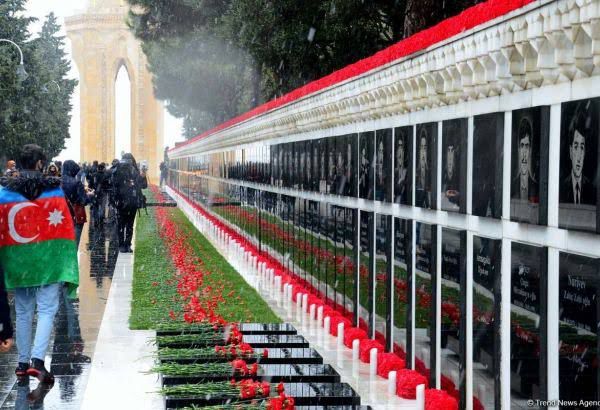


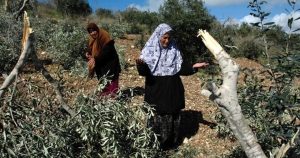

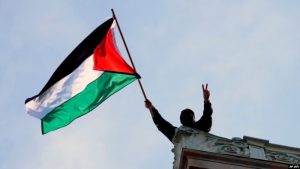

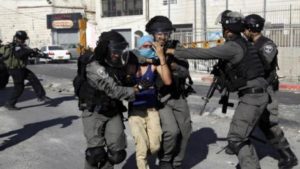




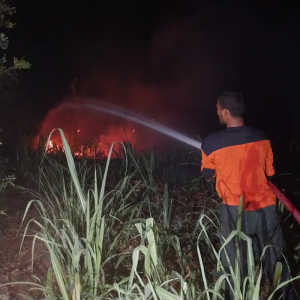

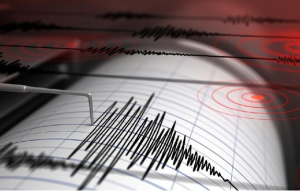
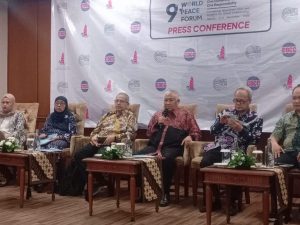













 Mina Indonesia
Mina Indonesia Mina Arabic
Mina Arabic